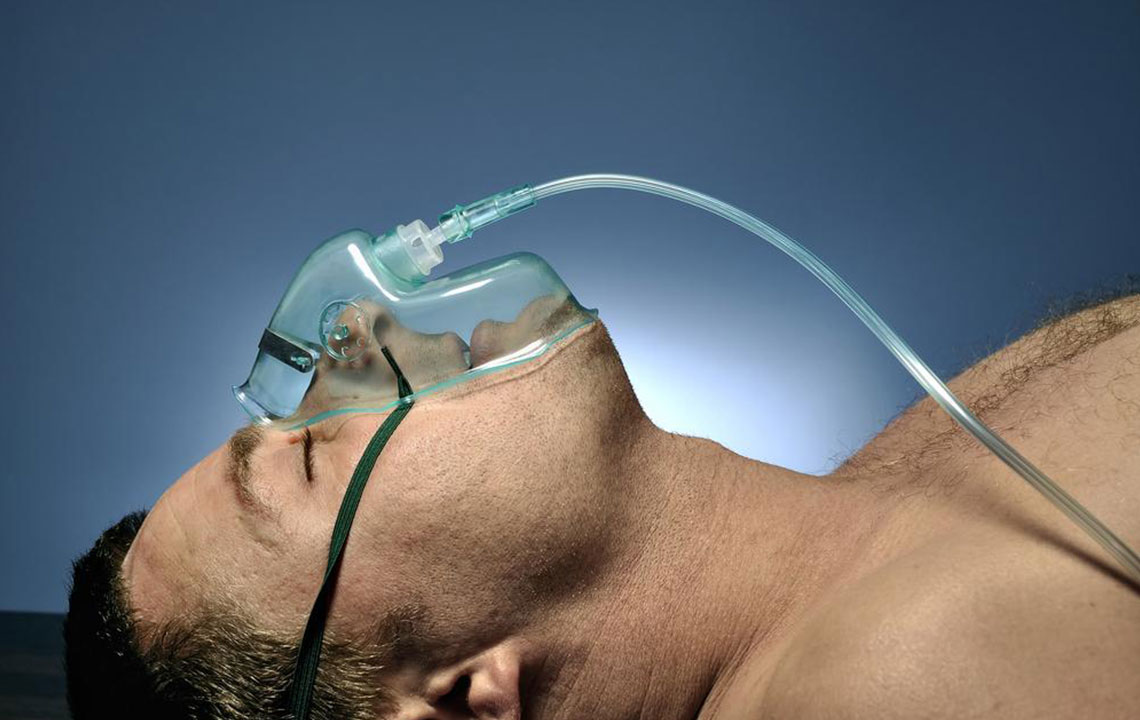Key Prevention Tips for Bacterial Lung Infections
This article outlines essential prevention and management strategies for bacterial lung infections. It emphasizes vaccination, healthy lifestyle habits, and early medical intervention to reduce risks and promote recovery. Targeted at high-risk groups, the advice aims to lower the incidence of bacterial pneumonia through proactive measures and timely treatment.

Strategies to Minimize the Risk of Bacterial Lung Infections
Bacterial infections of the lungs, such as those caused by Streptococcus pneumoniae, result in inflammation of air sacs filled with fluid, impairing breathing. Normally harmless bacteria from the throat can cause illness if immune defenses are weakened. These infections can affect one or both lungs.
Factors increasing vulnerability include advanced age, recent surgery, chronic conditions like diabetes or heart disease, smoking, excessive alcohol consumption, poor nutrition, or prior viral infections.
Protection is especially important for high-risk groups:
Individuals aged 65 and older
People recovering from surgeries
Those with ongoing health issues
Smokers and heavy drinkers
People with viral respiratory infections
Vaccination plays a vital role:
Pneumococcal conjugate vaccine guards against 13 bacterial strains and is recommended for:
Children under 5
Adults over 65
High-risk groups
Pneumococcal polysaccharide vaccine provides protection against 23 strains and is advised for:
People over 65
Children above 2 years
Adults aged 19-64 with asthma or who smoke heavily
While vaccines reduce risk, maintaining healthy habits is also essential:
Quit smoking
Avoid contact with sick individuals
Practice proper hand hygiene
Eat a balanced diet rich in nutrients
Get sufficient rest
If cold symptoms occur:
Rest adequately
Use a humidifier to ease breathing
Stay hydrated
Consider immune-boosting supplements
To recover from bacterial pneumonia:
Follow your healthcare provider's medication instructions, usually antibiotics
Use breathing aids or oxygen therapy if prescribed
Address persistent cough with medical advice
Drink plenty of fluids to support healing
Early detection and appropriate treatment are critical. Always seek medical advice before medication, as untreated bacterial pneumonia can be serious.


